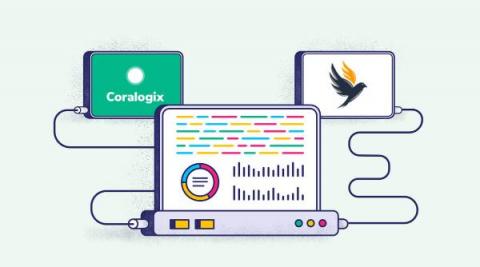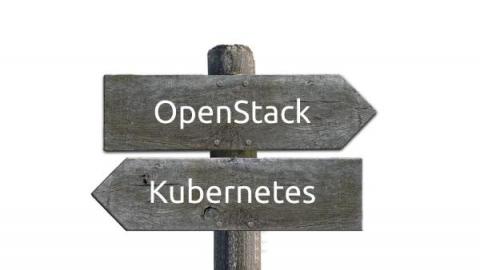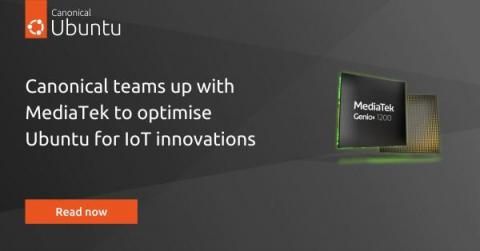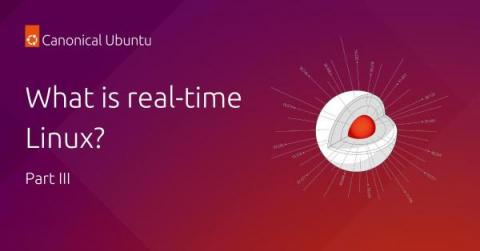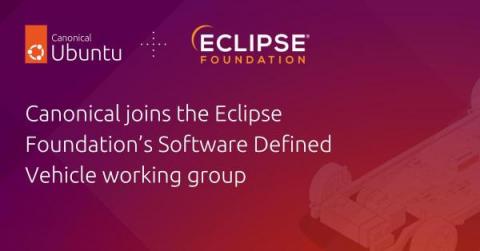Amazon Linux 2023: Why we're moving to AL2023
Amazon Web Services (AWS) recently announced the release of Amazon Linux 2023 (AL2023) as the next generation of Amazon Linux with enhancements to its already-proven reliability. Besides offering frequent updates and long-term support, AL2023 provides a predictable release cadence, flexibility, and control over new versions. It also eliminates the operational overhead that comes with creating custom policies to meet standard compliance requirements.


